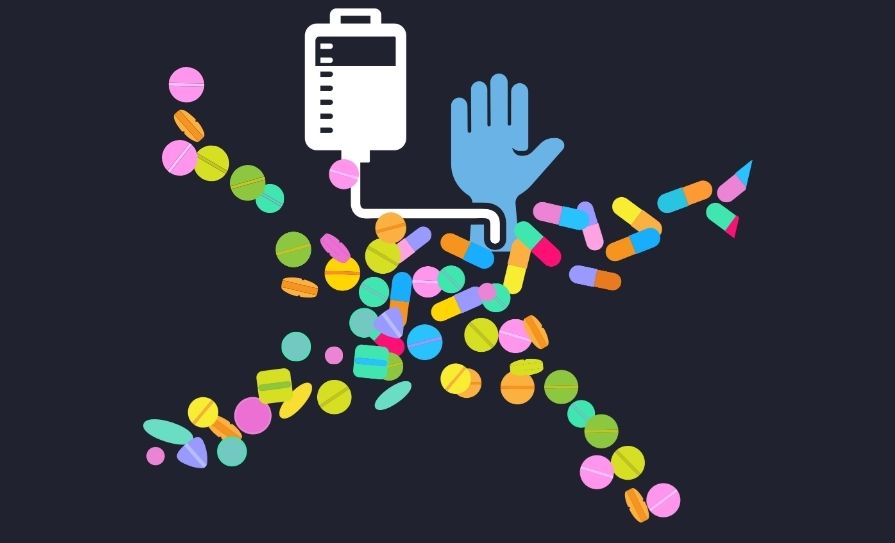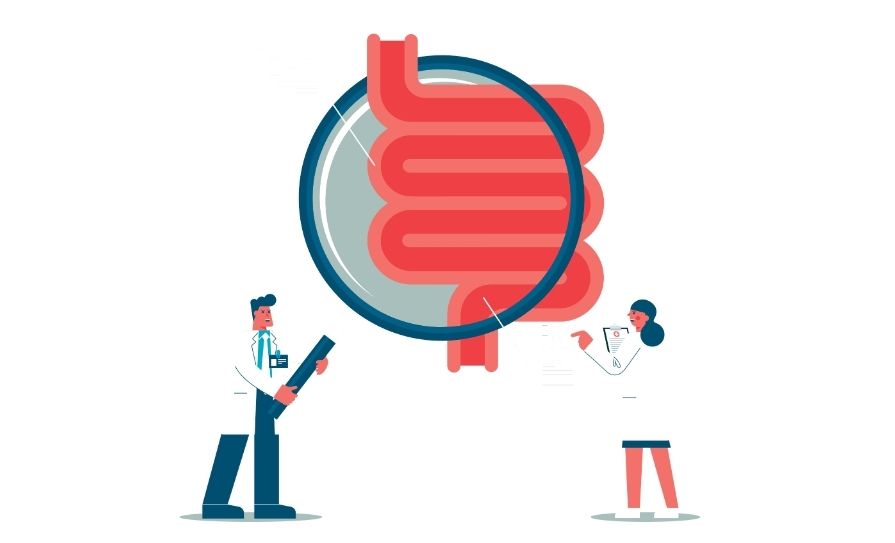CONVENTIONAL VACCINATION CAMPAIGN MESSAGES OFTEN MISS THEIR TARGETS, ACCORDING TO RESEARCH RECENTLY RELEASED
The study, conducted in eight European countries, shows that information on the benefits of vaccines can even reduce the willingness to get immunised, according to the authors. The researchers also looked into the factors that influenced the impact of messages, including low health literacy. A further study provides indications of the relationship between trust in vaccines and their approval procedures.
Not many Covid-19 vaccination campaigns in Europe lived up to the hopes of public health authorities. However, the results of past studies in various countries have yielded a mixed picture as to which communication strategies can increase vaccine uptake and which factors undermine certain messages. A team from the Technical University of Munich (TUM), the University of Trento and the London School of Economics and Political Science explored these questions in Bulgaria, France, Germany, Italy, Poland, Spain, Sweden and the UK.
During the intensive phase of the vaccination campaigns, in June 2021 (in April in Germany), more than 10,000 unvaccinated adults were initially provided with general information online on the available vaccines. They then received one of three messages combining text and images, or were assigned to a control group. Message 1 highlighted the efficacy of the available vaccines in reducing the risk of serious illness and death through Covid-19. Message 2 stressed the advantages of having a vaccination certificate, especially for travel. Message 3 presented the prospect of leisure-time activities without restrictions, for example restaurant and cinema visits, access to fitness studios, and attendance at concerts. The participants were then asked whether they intended to be vaccinated against Covid-19 if given the opportunity during the following week.
The study, published in Science Advances, shows that the messages would be effective in boosting vaccination quotas only in Germany and, to a lesser extent, in the UK. In Germany, the vaccination willingness was significantly higher in the three groups than in the control group. In the UK, the willingness was higher only when the message stressed the benefits of a vaccination certificate. In all other countries, the messages were ineffective, or even produced results opposite to those intended: People in Spain and Italy, when informed of the reduced risk of illness through vaccines, were less likely to seek vaccination than the corresponding control groups.
HEALTH LITERACY
Using data mining methods, the research team was able to carry out detailed analysis of various associations between the message effectiveness and sociodemographic characteristics, as well as the following factors: Citizens’ trust in their government; their literacy with regard to healthcare issues; and the share of the population who believe in what are sometimes referred to as ‘conspiracy theories’. The scientists used existing surveys to obtain data on these factors (which were not to be seen as monocausal) for the various countries.
For all messages, the likelihood of achieving the desired effect was reduced in a country where the health literacy of the population was low. “This result surprised us,” says Prof Matteo M Galizzi, Professor of Behavioural Science at the London School of Economics and Political Science. “We had thought that understandable and clearly-visualised information on Covid-19 would lead to an improved understanding of the disease among people with little prior knowledge, and thus to a greater vaccination willingness.” In contrast, the study confirmed conjectures that citizens’ trust in their own government would have a positive effect on vaccination intention.
The researchers saw differences between socio-economic groups. For example, men with low levels of educational attainment were more often convinced by the two messages highlighting advantages in everyday life and leisure time than men with the same profile in the control group. Among these men, there was also a very pronounced effect in countries with a high level of trust in the government and low prevalence of what are sometimes referred to as ‘conspiracy theories’. Older people tended to be less receptive on the whole to all of the messages.
“During the pandemic, people often looked at other countries to see what was working better or worse. Our study showed that such comparisons have limited usefulness,” says Prof Tim Büthe, Chair of International Relations at TUM. “A more promising approach is to investigate the existing conditions in every country and then adapt the policy measures and communication strategies accordingly. Policy-makers can use our findings to inform messaging for upcoming Covid-19 booster campaigns.”
Prof Janina Steinert, a Professor of Global Health at TUM, who headed the study, said: “Messages encouraging people to get vaccinated should target the various groups more closely, both in terms of content and how they are communicated, for example via certain social media channels or with gender-based or age group-specific advertising. Where the public lacks trust in the government, individuals seen as role models by certain socio-economic groups can be chosen as communicators.”
However, if a communication campaign has poor prospects of success due to several known barriers, the research team recommended shifting the focus to other measures. These might include concrete incentives or individually-assigned vaccination appointments, which can only be actively objected to. “In the long term, all countries should develop their citizens’ health literacy to improve the effectiveness of future vaccination campaigns,” said Prof Steinert.
TRUST IN VACCINES
Another study published online and currently going through the scientific review process provides indications of how trust in vaccines depends on their approval process. Researchers at TUM, the University of Innsbruck and the private university UMIT Tirol showed information on a hypothetical mRNA vaccine to a representative sample of around 2,000 German adults at an early stage in the vaccination campaign, in March 2021. The participants were randomly presented with different vaccine approval scenarios: Emergency authorisation lasting either five or 20 days, or an accelerated but in-depth process lasting either 20 or 150 days. Afterwards, they were asked whether they would be willing to get immunised with the vaccine, whether they trusted it, and how much they would pay for it.
For all messages, the likelihood of achieving the desired effect was reduced in a country where the health literacy of the population was low
A comparison of the two groups presented with a 20-day approval process shows a significantly higher willingness to accept the vaccine and a greater level of trust after the process as compared with the emergency authorisation (13 and 12 percentage points, respectively).
This group was also willing to pay €8-9 more for the vaccine. A longer testing phase had a lower impact: In the comparison of the two groups presented with the emergency approval process, the extension of the examination period from five to 20 days led to a 5-to-6 percentage point increase in the stated willingness to be vaccinated and trust in the vaccine. The extension of the process from 20 to 150 days did not have a significant effect. “During a pandemic, the approval authorities have to balance the priorities of approving vaccines quickly while creating trust through thorough examination,” said study author Prof Philipp Lergetporer, Professor of Economics at TUM. “Our study can help to provide a basis for these difficult decisions.”







